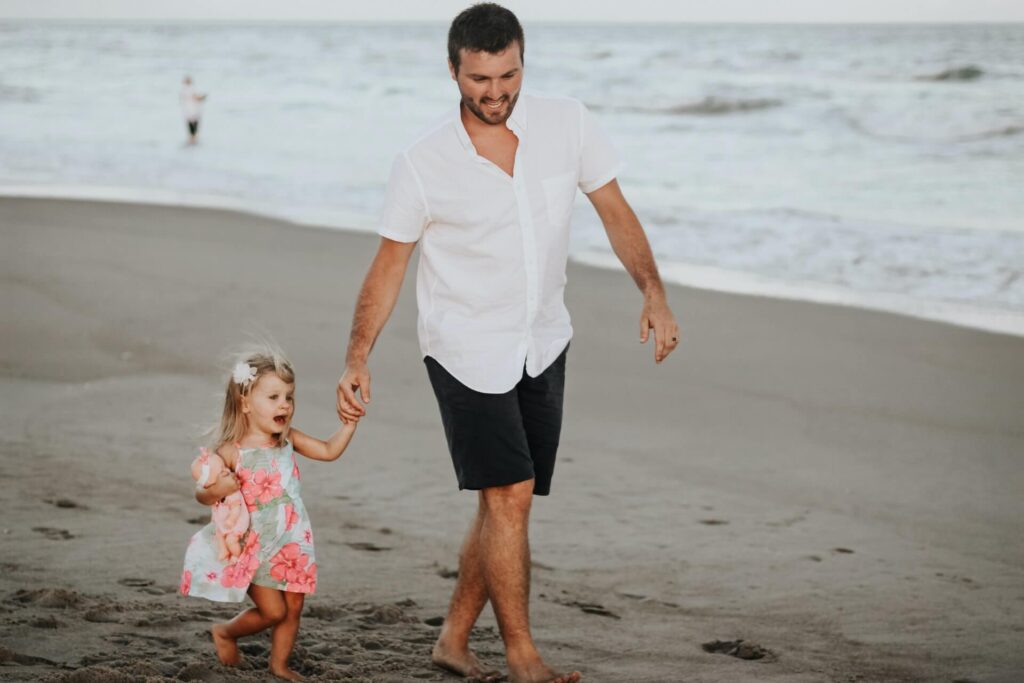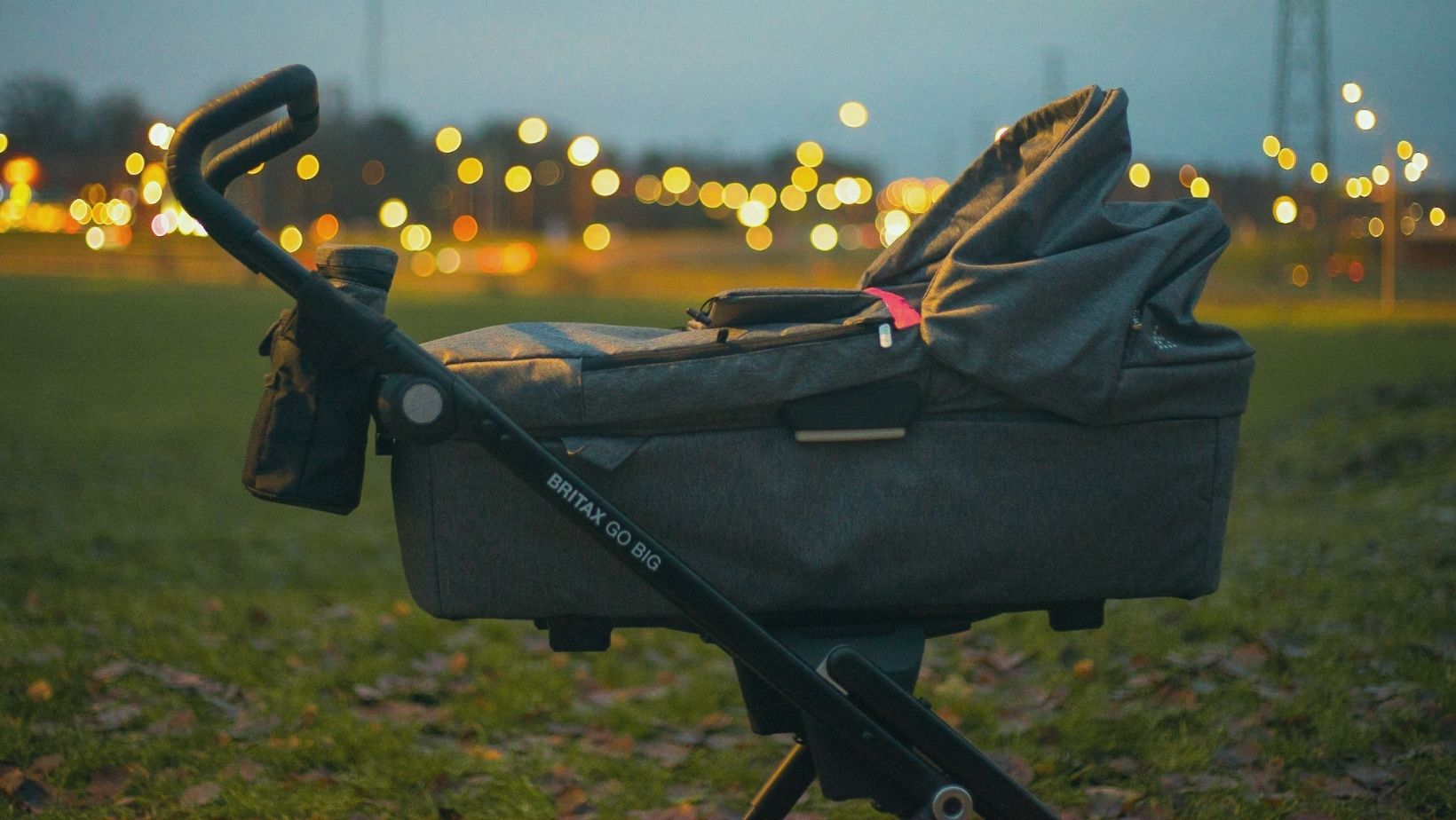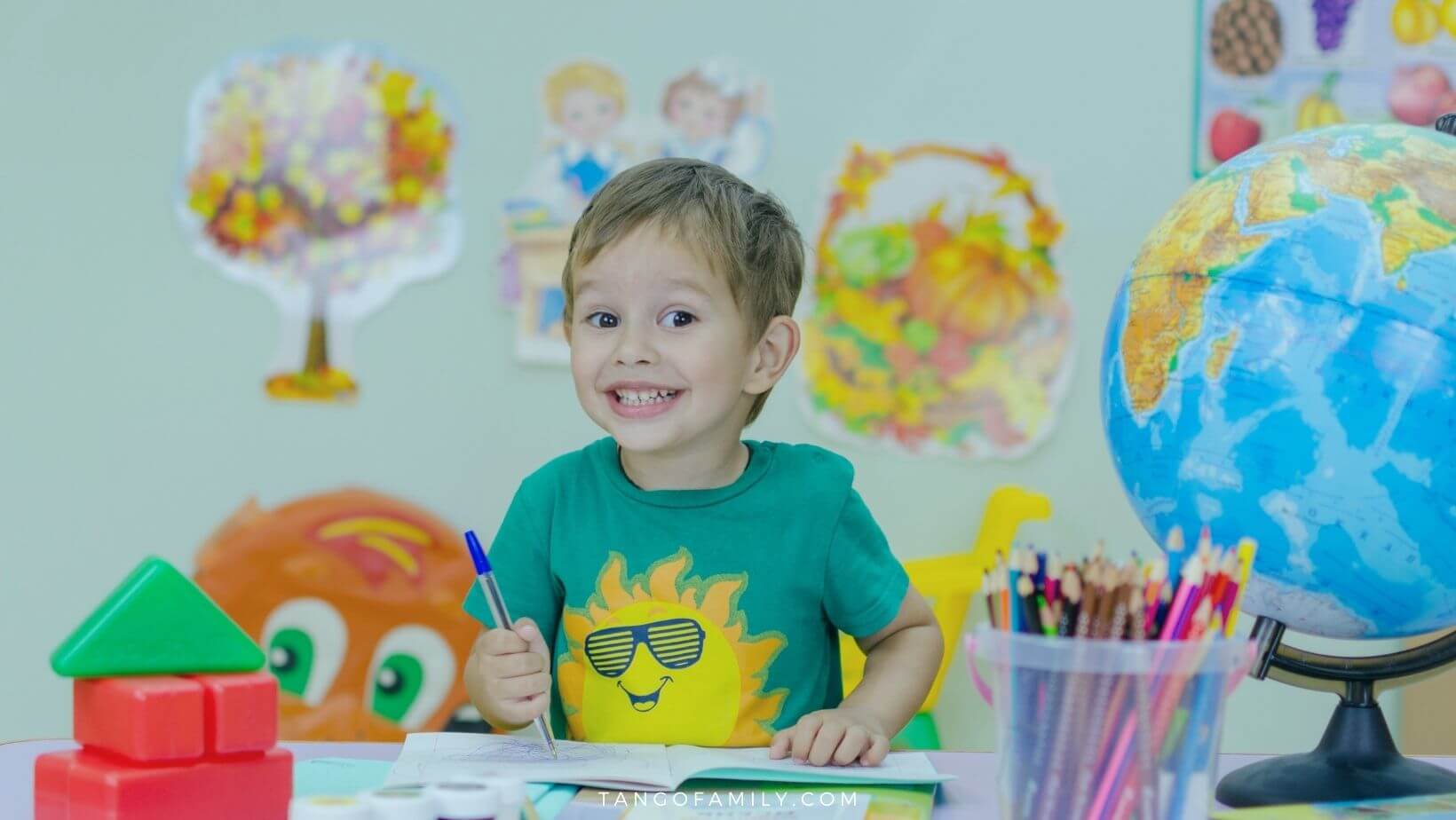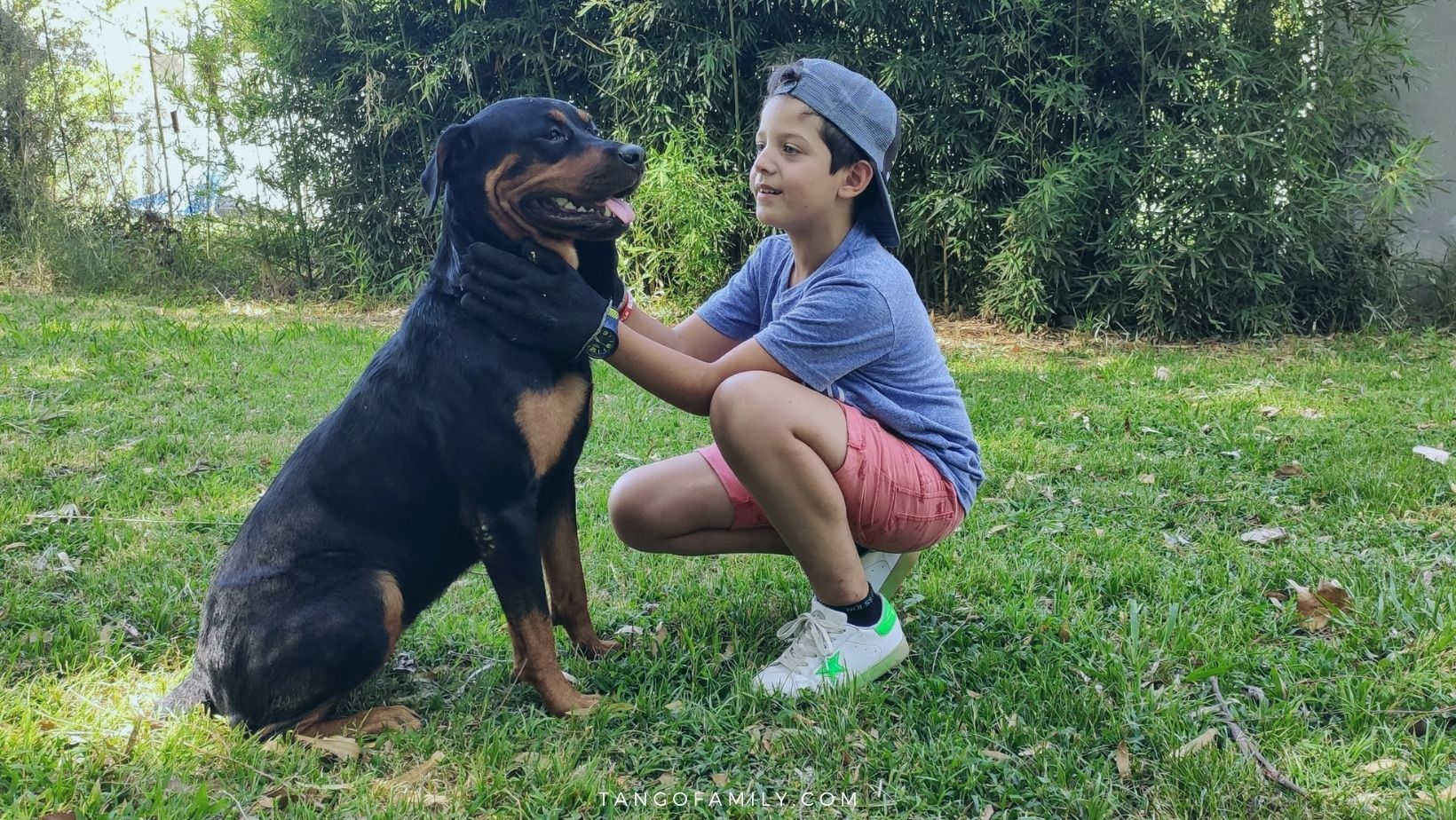Kids are usually egocentric in the early stages and cannot understand what others think and feel about them. Showing empathy for kids helps them to feel secure and more strengthening. Empathy refers to the understanding of the emotions and feelings of others. Parents and other adults living close to the kids have to show empathy for kids for their healthy mental and physical growth of the young ones.
Just imagine that you are getting late from any event, and your kid is causing frustration for you. You are getting the kid prepared for the outdoor event, and the young one is taking off the shoe time and again. You may get frustrated by taking off your shoes or getting late.
Another option is to stop a while and see the problem with wearing shoes to the child? Children cannot describe well what is happening to them or what they feel. You can better understand the problem of the child and react more promptly.
Table of contents
Empathy vs. sympathy
The feelings of empathy are often mixed with sympathy. However, a clear difference exists between empathy for kids and sympathy. Empathetic behavior lets you feel what the other person is feeling in misery or pleasure. It involves a cognitive and emotional element of thoughts, behavior, and action. On the other side, sympathy means understanding the other person’s feelings. You can pat that person for their suffering.
In simpler words, sympathetic behavior can urge you to encourage someone verbally or through your gestures. When you have empathy for kids, you can even cry with your child when he or she is feeling sad as you feel the same emotions that the other one is experiencing.
Read: Incredible Ideas To Celebrate 3 Years Old Birthday Party
Why do kids require empathetic behavior?

The kids’ communication skills are not as sharp as the adults have. The adults or family members close to the children have to show empathy for the kids to understand the issues your child is experiencing. Empathetic behavior may involve assuring your child that you can understand the problem and you are with him or her. Empathy for children assures them to acknowledge that someone is with them and they are not alone.
Carrying empathy for kids can benefit the children in several ways:
- If you empathize with kids, you can better understand what your baby is experiencing.
- It promotes tolerance, social harmony, and acceptance of the societal norms and values among the children.
- When parents show empathy for children, it can help them develop secure and stronger relationships with their family members, educators, and peers.
- It leads to the kindness that enables your child to get closer to you.
- When you cannot understand the issues with the child, you get judgmental and severely affect the children’s behavior and actions in the future. Empathy allows you to avoid judgmental statements for the kids and can react positively.
- All-time frustrating behavior by family members affects the mental growth of the children. if you show empathy for children, it helps instill courage in your kid to stand for themselves and others.
- When you acknowledge empathy for kids, you indirectly imprint self-motivation and self-awareness in your young ones.
If parents reveal empathy for kids, it not only makes the childhood of the children secure and active rather it also affects the adult life. Children with empathetic parents are considered more successful in personal and professional life.
A psychological study reported that when parents have empathy for kids, it infuses positive changes among the children. Children whose parents show empathetic behavior are less aggressive, less depressed, and have better self-esteem.
Besides, children are good at facing challenges in daily life and creating better solutions to problems. When these kids grow into adults, they lead a better lifestyle and have learned empathy for others.
Read: 10 Best Winter Safety Tips For Kids To Keep Them Warm And Healthy
How to show empathy for kids?
Empathy is not inborn; rather, it needs to learn from family members, friends, and society. Here are the four ways that can help you, which are as mentioned below:
See-through your child’s eyes
As an adult, you may have your perspective to assess what is happening in your surroundings. When dealing with your child, you will have to see from a different angle. Just start thinking from the perspective of your child.
Never get judgmental while talking to your child
you need to see what else is missing to know about the children. Empathy for kids demands a positive and encouraging attitude when your young one is getting poor grades in the exams. You need to be kind and ask the children to study more and get help from the adults in the study instead of getting rude.
Remember your childhood to tune in empathy.
When you remember what you used to do in your childhood while facing a specific situation, you can better understand your child’s feelings. In this way, your empathy for kids may turn you to react positively.
Communicate verbally
To reveal empathy for kids, you need to communicate at your child’s level. Children are usually unable to understand the non-verbal cues that adults pose. Tell your kids that you understand what they are feeling.
Read: How to break an infant’s fever: A quick guide
Summary
Parents can show empathy for kids only when they understand and control their emotions. An all-time angry personality cannot handle stressful situations. What your child is experiencing in moments of suffering requires patience and tolerance to investigate.
Empathy is an important skill for kids to learn. It allows them to understand and connect with others, making the world a more understanding place. We’ve shared some tips on how you can help foster empathy in your children. What have been your favorite methods for teaching empathy? Let us know in the comments!





